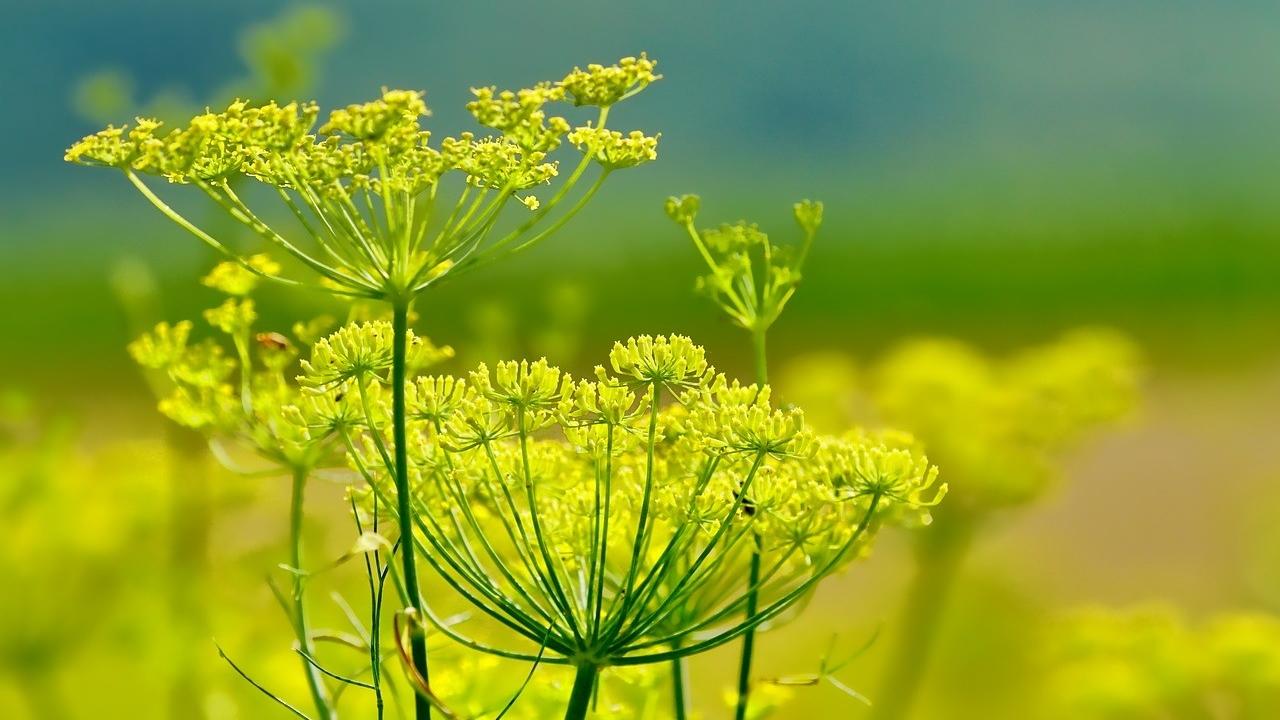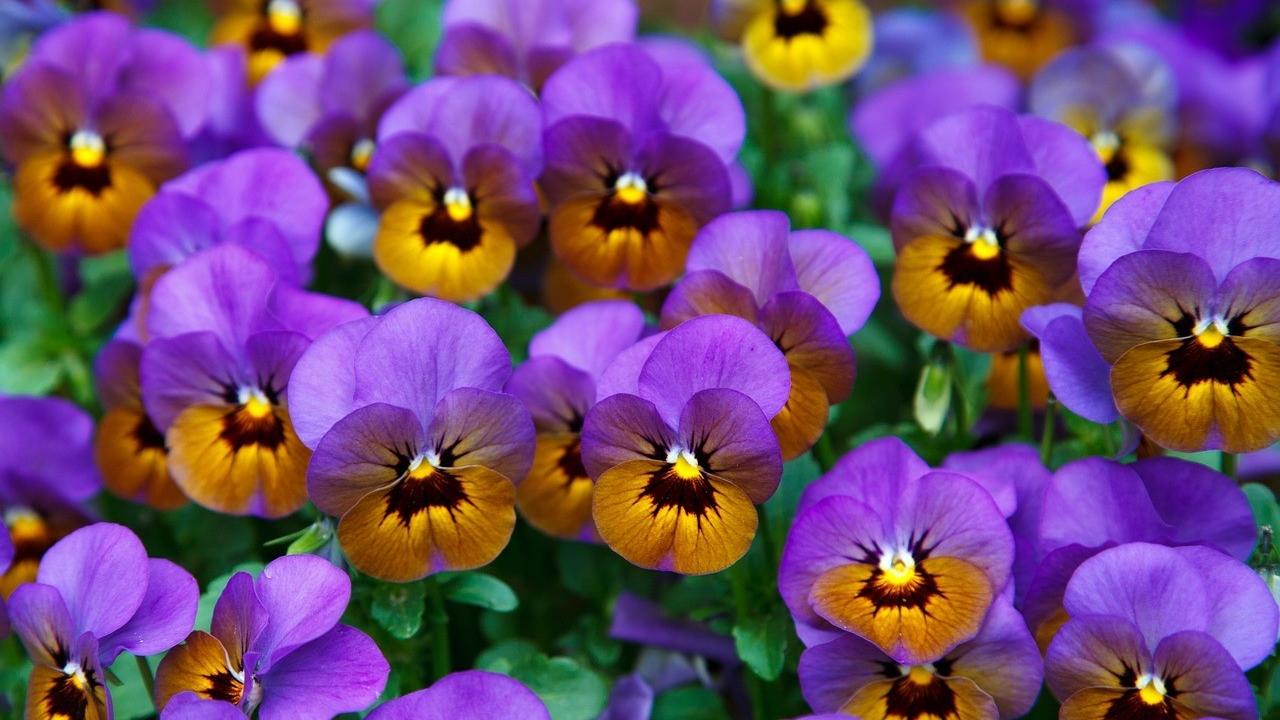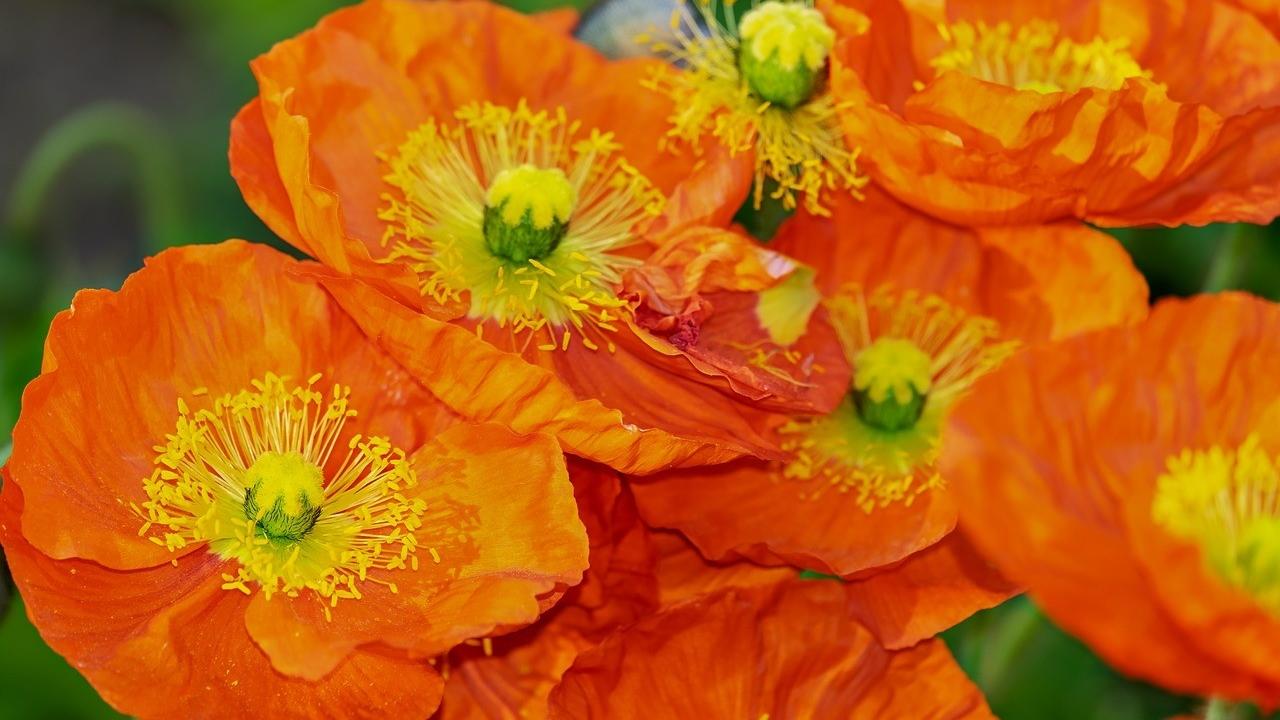Blog
Defining selfcare (DW#667)

We have been talking about self-care for the last few days so let us make sure we know what we are talking about.
Self-care is any activity that we do deliberately in order to take care of our mental, emotional, physical and spiritual health. Taking care of ourselves is vital if we want to remain healthy, vibrant and able to serve.
Effective self-care is a bit cyclical in that in order to take care of ourselves, we need to be in touch with our inner state and know what we need at the time. And the more you are in touch with yourself, the easier it becomes to know what you need and to care for yourself.
The opposite is also true, of course. When we have not spent time listening to ourselves for a long time, it can be very challenging to know what we need in order to function effectively and thrive in life. And the less we sense these, the less likely it becomes that we will do what needs to be done.
So, if you have not paid attention to yourself for a long time, please do not let th...
Incorporating gratitude into your selfcare routine (DW#666)

Happy Canadian Thanksgiving! May your Turkey be moist, the potatoes perfectly done and the company delightful :)
Thanksgiving being a day dedicated to gratitude, let’s talk about how we can incorporate a practice of gratitude within our selfcare practice.
Once you have done something for self, such as a walk or a workout, take a moment and allow yourself to feel grateful for the strength of your body and the grit of your mind to push past the tough moments and complete the session.
Just FYI, these quick moments of gratitude might help you do this walk or workout more often, thereby improving your selfcare. Studies have found that those who practice gratitude exercise for an average of 1.5 more hours per week than those who focused on daily hassles and stresses.
The cost of neglect (DW#665)

Here’s the thing: life rarely gets simpler or less stressful. While we may not always be able to control our circumstances and situation in life, there are steps that we can take to build our resilience so that we can cope better with whatever situation we find ourselves in.
Failure to care for and nurture ourselves can result in burnout if we keep going without stopping to "fill our tanks" so to speak.
What is burnout?
Burnout is a state of emotional, physical, and mental exhaustion caused by excessive and prolonged stress. It occurs when we feel overwhelmed, emotionally drained, and unable to meet the constant demands (or perceived demands) placed on us. In other words, we feel that we do not have the personal resources to face the challenges in front of us.
Burnout reduces productivity, saps our energy and can leave us feeling helpless, hopeless, cynical, and resentful. We may feel like we have nothing more to give – that we are running on empty, depleted.
The negative effects ...
The truth about self-care (DW#664)

Eating right, moving, resting, sleeping. No one else - not the most well-meaning spouse, parent, friend or co-worker can take this off our plate.
While we can hire others to do many tasks for us and delegate some of our to-do lists, self care is something we cannot delegate. Either we do it for ourselves or it does not get done.
Sharpen your saw (DW#663)

A woodcutter was exhausted as he labored and strained to saw down a tree. A young man who was watching asked "What are you doing?"
"Are you blind?" the woodcutter replied irritably. "I’m cutting down this tree."
"Sir, you look exhausted!"
"I am exhausted and frustrated! I have been at this for hours already and not making much progress."
"Why don’t you take a break and sharpen your saw?"
"Because then I would have to stop sawing and I don’t have time to stop right now".
"Well", said the young man. "Consider this: If you sharpen the saw, you would cut down the tree much faster. . ."
Steven Covey uses this story in the Seven Habits of Highly Effective People to present the case for self care and self renewal. While it seems obvious to us when we see others labouring on without sharpening their saws, it is much more challenging to notice and attend to the blunt saws in our own lives!
Self-Care is not a reward (DW#662)

Firstly, we know that task lists and to do lists are never ending. Our inboxes never remain empty. And if we wait until we have accomplished everything to take care of ourselves, we will be waiting forever . . .
Secondly, it is actually counterproductive to keep pushing ourselves to do more before we take a break. Just like a weight lifter needs rest before doing a second round of repetitions at the gym, we work much more efficiently if we intersperse moments of rest and self care during our work day. Working without a break is counterproductive. Our abilities become worn. Our skills aren’t as sharp. We lose focus.
According to experts, the ideal amount of time before we need a short break is about 90 minutes. If we pause after 90 minutes, the second 90-minute block of work will be a lot more productive than if we ju...
You cannot pour water from an empty jug (DW#661)

And yet, how many of us do this on a continuous basis? Women in particular (but not exclusively) are notorious for caring for everyone around them except themselves. We seem to be hitting every ball that life throws our way, juggling all the various roles that we play and making sure that everything and everyone is okay. The constant pumping of adrenaline in response to stress and striving helps maintain the illusion that we are okay and are managing fine.
So let us wake up before we have to. Before self neglect initiates a crisis. Before the burnout or the breakdown.
As Audre Lorde says: self-care is not self-indulgence, it is self-preservation.
Say what you mean (DW#606)

O you who believe! be careful of (your duty to) Allah and speak the right word [Quran 33:70]
The verse from Sura Ahzab exhorts believers in particular to speak "Qawlan Sadid", words that are truthful, just, appropriate.
The reward for such language in spelled out in the following verse where Allah says:
that He may set your deeds aright for you, and forgive you your sins. [Quran 33:71]
The expression qawl sadid signifies, literally, "a saying that hits the mark", words that are truthful, relevant and to the point. It is speech that is upright and free from any corruption. It means speaking in a way such that the outward expression corresponds to the inward meaning of what we trying to say. This applies specially when we are giving testimonies or bearing witness to something but is also a widely applicable principle of communication.
How and when can we use this?
1) In our relationships: Very often even in our closest relationships, we do not mean what we say and say what we mean. Relat...
The root of good words (DW#602)

Yesterday we discussed verses 24 & 25 of Sura Ibrahim where the Quran compares good words to a good tree:
Have you not considered how Allah sets forth a parable of a good word (being) like a good tree, whose root is firm and whose branches are in heaven,Yielding its fruit in every season by the permission of its Lord? And Allah sets forth parables for men that they may be mindful.[Quran 14:24-25]
Today let’s deepen our understanding of this parable by exploring a narration from Imam Ali (as), where he says:
Speech is implanted in the heart and deposited in the thought, strengthened by the intellect conveyed through the tongue; its body is the letters, its soul is the meaning, its adornment is punctuation and its order is reason.
This profound saying has so many layers of meaning that it is not possible to do it justice here. For today, let us simply reflect on the process of communication.
What comes out of our mouths is not the beginning of communication. The thought and idea tha...
Be grateful to God and to your parents (DW#599)

Be grateful towards Me and towards thy parents [Quran 31:14]
Today’s verse continues our discussion from yesterday about showing ehsaan (excellent courtesy) and rahma (loving-kindness and compassion) towards parents.
An essential part of the courtesy towards parents is to show them gratitude. The gratitude towards parents in this verse is linked to gratitude towards God Himself. It is through the medium of our parents that He gives us existence and it is through them that He nurtures us and raises us from weakness to strength. Parents then, are a means of transmission of Allah’s bounties towards us.
This verse is particularly applicable today where the world seems to have shifted to a child-centered place. Parents struggle to set boundaries and children feel more entitled to material and nonmaterial possessions and accommodations than ever before. Putting this verse into action would perhaps begin to redress the balance of entitlement and gratitude.
